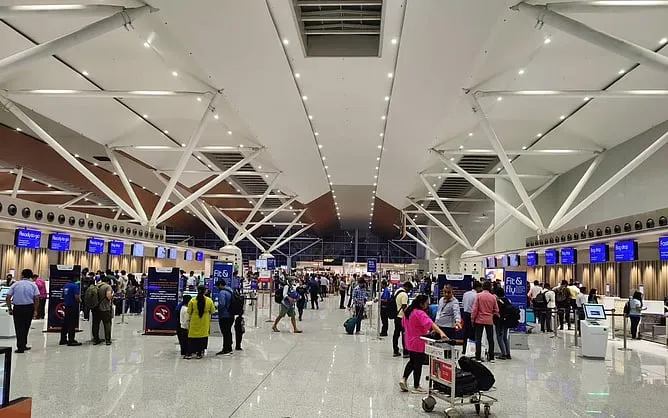On Friday, France’s anti-terrorism court convicted eight individuals for their involvement in the 2020 beheading of Samuel Paty, a teacher who was murdered outside his school in Conflans-Sainte-Honorine, a suburb of Paris. The shocking death, which occurred on October 16, 2020, deeply affected France and led to a nationwide outpouring of grief. Several schools have since been named in Paty’s honor.
Background of the Murder
Paty, 47, was killed by 18-year-old Abdoullakh Anzorov, a Russian national of Chechen origin. The assailant attacked Paty days after the teacher showed cartoons of the Prophet Muhammad in class during a debate on free expression. The decision to display the caricatures was part of a lesson mandated by the French National Education Ministry on the importance of freedom of speech. Anzorov was killed by police shortly after the attack.
The trial of eight individuals began in November 2024, and they were charged with various offenses, including providing logistical support and inciting hatred before the murder. The charges ranged from involvement in organizing a hate campaign online to helping the assailant acquire weapons for the attack.
Key Figures in the Trial
A central figure in the case was Brahim Chnina, the father of a student at Paty’s school. Chnina falsely claimed his daughter had been excluded from the class when Paty showed the cartoons. His subsequent actions, including spreading false information online, fueled the hate campaign against Paty. Chnina sent messages to his contacts denouncing Paty and even shared the address of the school. Chnina’s daughter, who was later found to have lied about attending the lesson, was tried separately in a juvenile court and given an 18-month suspended sentence.
Chnina faces a potential sentence of 10 years for his role in the events that led to Paty’s murder. Another key figure in the trial is Abdelhakim Sefrioui, a self-proclaimed spokesperson for French imams, who filmed a video outside Paty’s school and called the teacher a “thug.” Prosecutors have requested a 12-year sentence for Sefrioui.
Paty’s murder came amid rising tensions in France related to the 2015 Charlie Hebdo attacks and protests in several Muslim countries over depictions of the Prophet Muhammad. The murder also followed calls for violence against France and its satirical newspaper, Charlie Hebdo, which had republished the controversial cartoons. The French government, however, reaffirmed its commitment to free expression and secularism in public life.
The Trial’s Outcome and Reactions
During the trial, the public prosecutor requested sentences ranging from 18 months to 16 years in prison for the defendants. Some of those convicted expressed regret and maintained their innocence, but their statements did not convince Paty’s family. Mickaëlle Paty, the teacher’s sister, criticized the trial’s outcome, particularly the downgrading of charges, calling it a “disappointment” and adding that it felt as though the family was “fighting for nothing.”
The court’s verdict and the reactions to it highlight the deep emotional and societal impact of the murder on France, as well as the ongoing debate over the limits of free speech and religious tolerance in the country.
Legacy of Samuel Paty
The legacy of Samuel Paty endures through the changes made to educational institutions, as several schools have now been named after him in remembrance of his life and work. His death serves as a stark reminder of the dangers of intolerance and extremism, and the trial has been a significant moment in France’s ongoing struggle to balance freedom of expression with religious sensitivity.
While the legal proceedings may have concluded, the broader societal discussions on secularism, free speech, and the protection of educators continue to shape public discourse in France.























